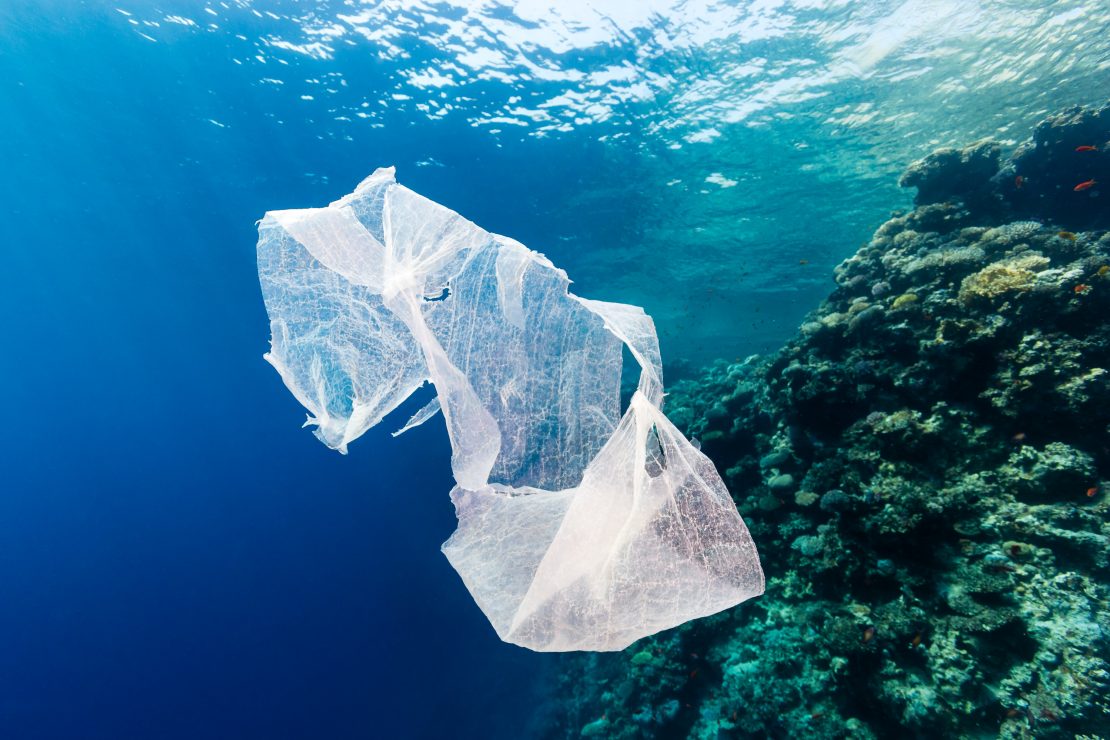The debate on plastic
The design phase needs to change for plastic bags to have a future says GRANT MUSGROVE.
The debate on plastic bags in Australia is rather unsophisticated and the problem is complex. At the outset, I should say there’s no simple answer, but the issue with plastic bags really arises at the design phase – they’re made for single-use.
There are well-meaning environmental groups legitimately concerned about the role of plastic bags in marine litter. But essentially plastic bags become one-way packaging, and therein lies the problem. That design, that purpose, almost guarantees a high percentage of plastic bags will end up in the marine ecosystem, in landfill or as a burden on recycling.
I’ve seen what other countries do and world’s best practice; essentially there are two principal measures.
The first is sending a price message. If the consumer wants a plastic bag, then they should pay for it. And that’s not just 10 cents. I believe we should price them at a dollar. Those funds can then be put towards a whole range of interventions – marine litter and litter reduction generally. International experience tells us that tackling litter in general, and marine in particular, is an expensive process. It requires a change in behaviour across the population and, to drive that, there needs to be a cost associated with the item.
We need to avoid a situation where one-way garbage bags purchased in supermarkets do not simply replace one-way bags at the point of service. This suggests an equivalent level of taxation to purchase at the counter and would provide government with the large amounts of funding to change littering behaviour.
Second, and typically in advanced economies, I’ve seen plastic bags designed for reuse. They’re a higher grade of plastic, they’re thicker. The incentive to use them again, rather than just chuck them into either the litter stream or landfill, is very high. There are boutique operations around the world geared towards using these plastics as feedstock for recycling.
Indeed, wherever plastic bags are reused by households, and that often happens for their garbage, the recycling industry needs to employ plastic bag cutters. At the very least, we’ll separate and save whatever goodies are contained there from landfill or being washed into streams and oceans.
The total feedstock of plastic bags going into recycling at the moment is a fraction of a percent. While any percentage is merit-worthy, there needs to be more done. There are some retailers out there spruiking their efforts in this area, but some would say that’s just a greenwash.
There has to be more to the debate than saying plastic bags are good or bad. Plastic is a much maligned material, but it is 100 percent recyclable. In fact, Australia is currently importing a range of plastics for reuse and manufacture.
The average consumer may well have noticed over the years that the plastic bags they pick up in the supermarket have become a lot thinner. That’s squarely a cost issue. Essentially you’re paying for a hydrocarbon linked to the price of oil. Better plastic, that people will reuse will be an upfront cost for retailers, but they need to balance that against the damage to their brand on appearing environmentally unconcerned and out of step with community attitudes.
You can ban the free plastic bags we take for granted, but will that solve the problem? Any course of action needs to be evidence-based.
The effectiveness of an outright ban is questionable. What’s really needed to tackle marine pollution and the littering problem is a revenue source attached to what economists call a ‘negative externality’. This is a more sustainable system that, based on international experience, would yield significant results.
Germany is doing it well. Japan also. Virtually all the advanced economies have a policy in place and Australia is behind the game. It’s firmly on the agenda of all states and territories – it was discussed by the environment ministers at their last COAG (Council of Australian Governments) meeting. But we need to achieve a good policy outcome that doesn’t just hinge on two binary solutions – good or bad, ban or don’t.
Personally, I think plastic bags are unsustainable and ultimately will be phased out. Given most Australians live by the coast and are often confronted with the reality of plastic waste in the marine environment, it’s not an issue that is going to fade from community concern. The days of the single-use, super-lightweight plastic bag are numbered, as indeed are all micro-plastics that get into the marine environment.
But there needs to be behaviour change and political will. Compared to the EU, we have a different regulatory environment. There, a goal is identified and a decision made; for example, that 95 percent of all materials needs to be recycled within five years. They do what needs to be done to make that happen.
Here, sadly, I believe we have a weak-handed approach to regulation rather than devising effective ways of dealing with anti-social behaviours, and dumping plastic so that it flows to the marine environment is becoming a very large problem.
This article originally appeared in Issue 2, Page 52 of CWS Magazine.
-
Subscribe to NSW's biggest platform for waste, recycling and resource recovery
- Subscribe

